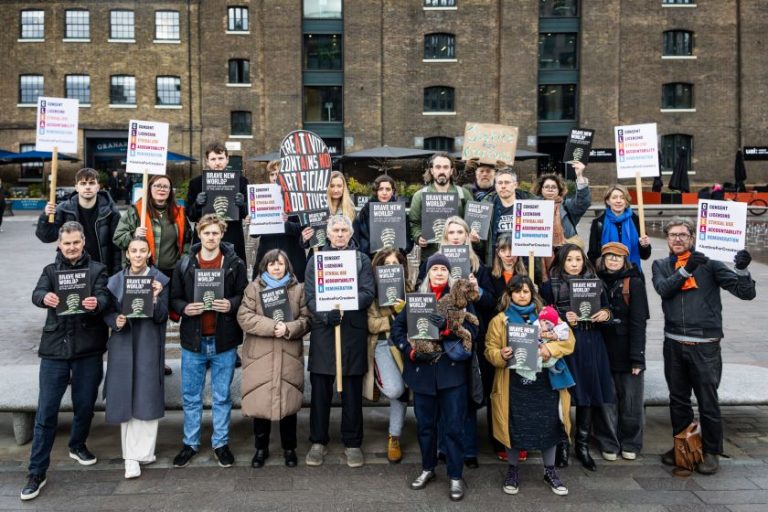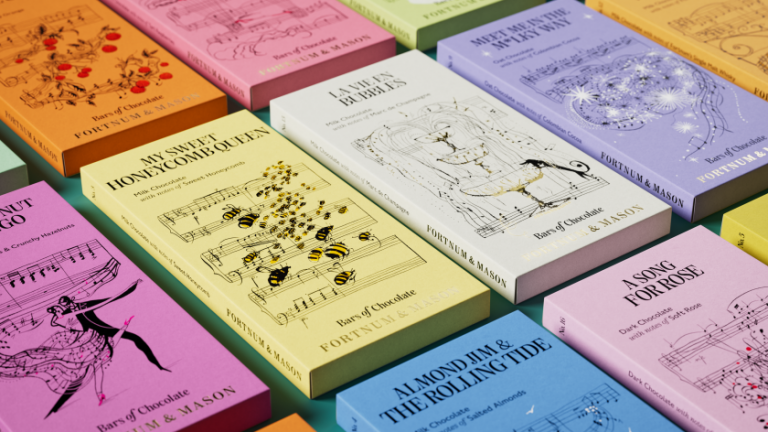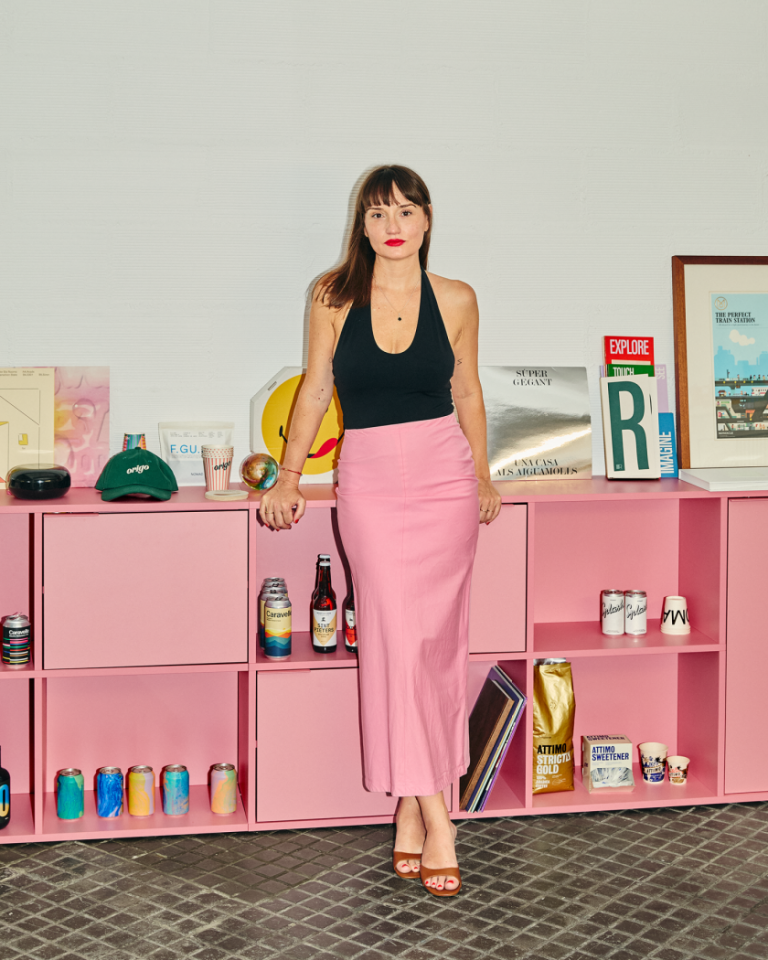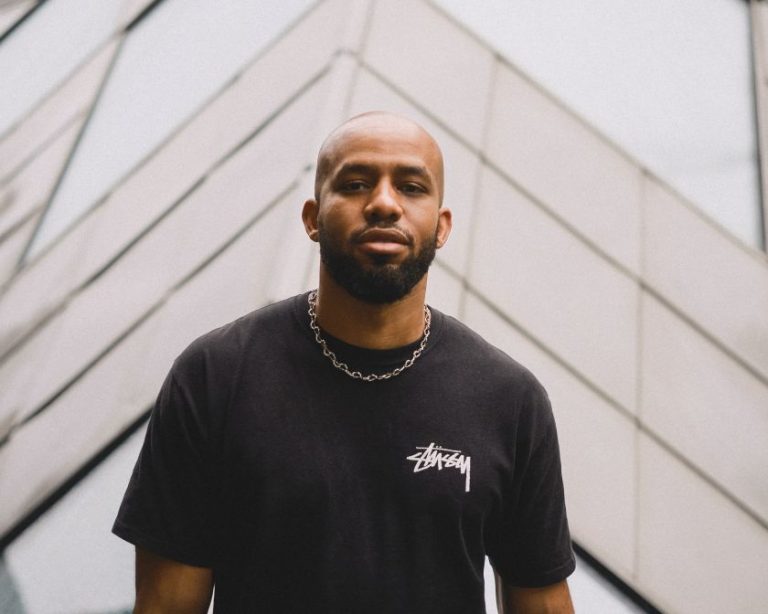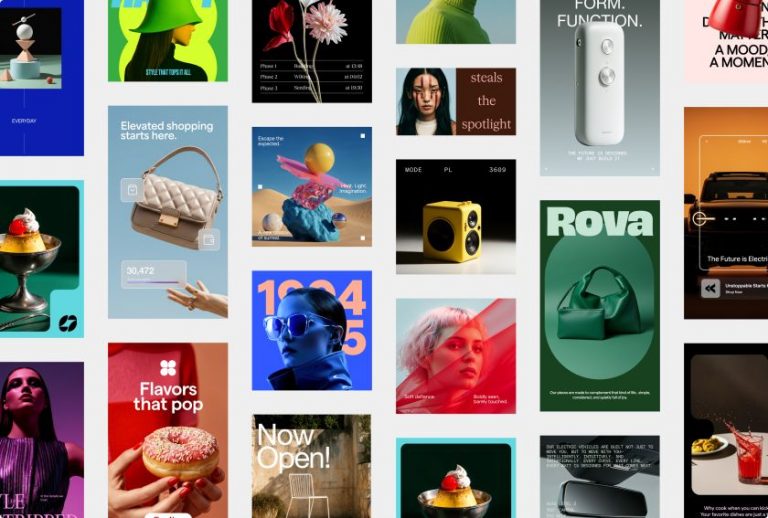Design studio Special Projects has unveiled Aperture, a concept that combines AI, physical design, and digital wellbeing to help users form healthier relationships with their phones—not by introducing new gadgets but by reinventing the way we use the ones we already have.
We’re living in an age where digital attention is a battleground, with our smartphones acting as both lifelines and liabilities. Between relentless notifications, doomscrolling, and an ever-expanding ecosystem of apps, it’s little wonder that so many of us are searching for ways to dial things down.
But what if the answer isn’t abandoning tech altogether—or adding yet another “wellness” gadget to the mix—but instead rethinking our relationship with our existing devices? Enter Aperture, the latest experimental concept from London-based design studio Special Projects.
Known for their thoughtful blend of physical and digital design, the studio has long been probing the spaces where technology can feel more human, magical, and kind. With Aperture, they’ve gone one step further in proposing a way to promote mindful tech use through a deceptively simple idea: a phone case that partially conceals your screen.
As with much of Special Projects’ work—including previous concepts like Paper Phone and Envelope, developed with Google—it’s not about the case itself. It’s about what it enables. “Something magical happens when you combine two ordinary objects and create something greater than the sum of its parts,” explains Adrian Westaway, principal and co-founder of Special Projects.
By flipping the phone in its case, users activate a small window that limits screen visibility and activates a minimalist, adaptive interface. Whether you’re cooking, focusing at work, or gathering with friends, the experience is designed to cut out the noise and allow space for presence. Think of it as a gentle nudge to engage more intentionally.
This tactile interaction plays a key role in the project. “The slight difficulty of flipping the case is a key design element,” adds Clara Gaggero Westaway, co-founder and creative director. “This deliberate friction discourages frequent flipping, making the action more intentional.” It’s a small tweak, but one that introduces a sense of ritual—echoing practices in mindfulness, where tiny behavioural cues can shift broader habits.
Aperture’s interface uses intelligent adaptation to tailor what the user sees. Say you’re walking to a meeting and only want a timer, directions, and call blocking. Speak your intent, and the system strips everything else away, surfacing only what’s essential. In another example, a cluttered recipe website becomes a clean step-by-step guide the moment you flip the case. The AI is there, but it’s not showy—it’s helpful, discreet, and almost invisible.
“We see AI as a tool to mediate our interaction with technology, not to further complicate it,” says Gaggero Westaway. “In Aperture, AI is used in specific, limited ways to filter out the noise and prioritise focus.”
While Aperture is currently a concept, it’s already attracted attention from potential collaborators, and the studio is actively developing a working version. For a team that typically works behind NDAs with some of the world’s leading tech companies, releasing something publicly is a big deal. But it’s also essential, says Westaway. “We share experiments like this to push our boundaries, spark conversations, and showcase ideas we believe can make a real impact.”
The studio’s approach echoes a wider design philosophy: rather than creating more tech for tech’s sake, it explores how existing devices can be used more intentionally. That thinking has informed much of Special Projects’ work over the years, from making checkout kiosks more hygienic during the pandemic to early collaborations with Samsung on accessible tech for older adults.
Aperture is no exception. Instead of adding to the gadget pile, it reconfigures what’s already in our pockets. The case, for example, reimagines the everyday phone accessory as a subtle interface for digital wellbeing. The design nods to familiar cues—its screen window is roughly the size of an Apple Watch display, making it an ideal space for simplified functions.
It doesn’t just stop at individual use cases, either. When multiple devices are used together, the concept even enables social modes, encouraging play or conversation at group gatherings.
The design language, too, is considered and approachable. Instead of sterile tech tropes, the visual identity and interactions feel warm, almost poetic. With a name like Aperture—a nod to both the camera lens and the concept of focused openness—there’s an underlying invitation to recalibrate our attention rather than cut off from the world.
It’s an idea that feels especially timely as the conversation around AI hardware heats up. But where many new devices promise to “replace” your phone with something smarter, smaller, or more intuitive, Special Projects’ proposal is refreshingly pragmatic. What if we don’t need another screen, gadget, or notification? What if we just need to see our phones differently?
By working with what already exists, Aperture avoids the environmental toll of producing new hardware and instead encourages smarter, more sustainable behaviour. “There’s immense potential in optimising and extending the functionality of existing technology,” says Gaggero Westaway. Aperture isn’t about disruption—it’s about gentle transformation.”
The team is keen to open up the dialogue further, and a new microsite, focuswithaperture.com, invites people to share feedback, thoughts, and use cases. “We intentionally shared our thinking at this stage because the next phase of development will heavily involve listening to people,” adds Westaway. “The best ideas often emerge in that shared space between concept and conversation.”
At its core, Aperture isn’t about making tech shinier or faster—it’s about making it better (more human, more intentional and less demanding). In an industry fuelled by novelty and acceleration, that might just be the most radical idea of all.

